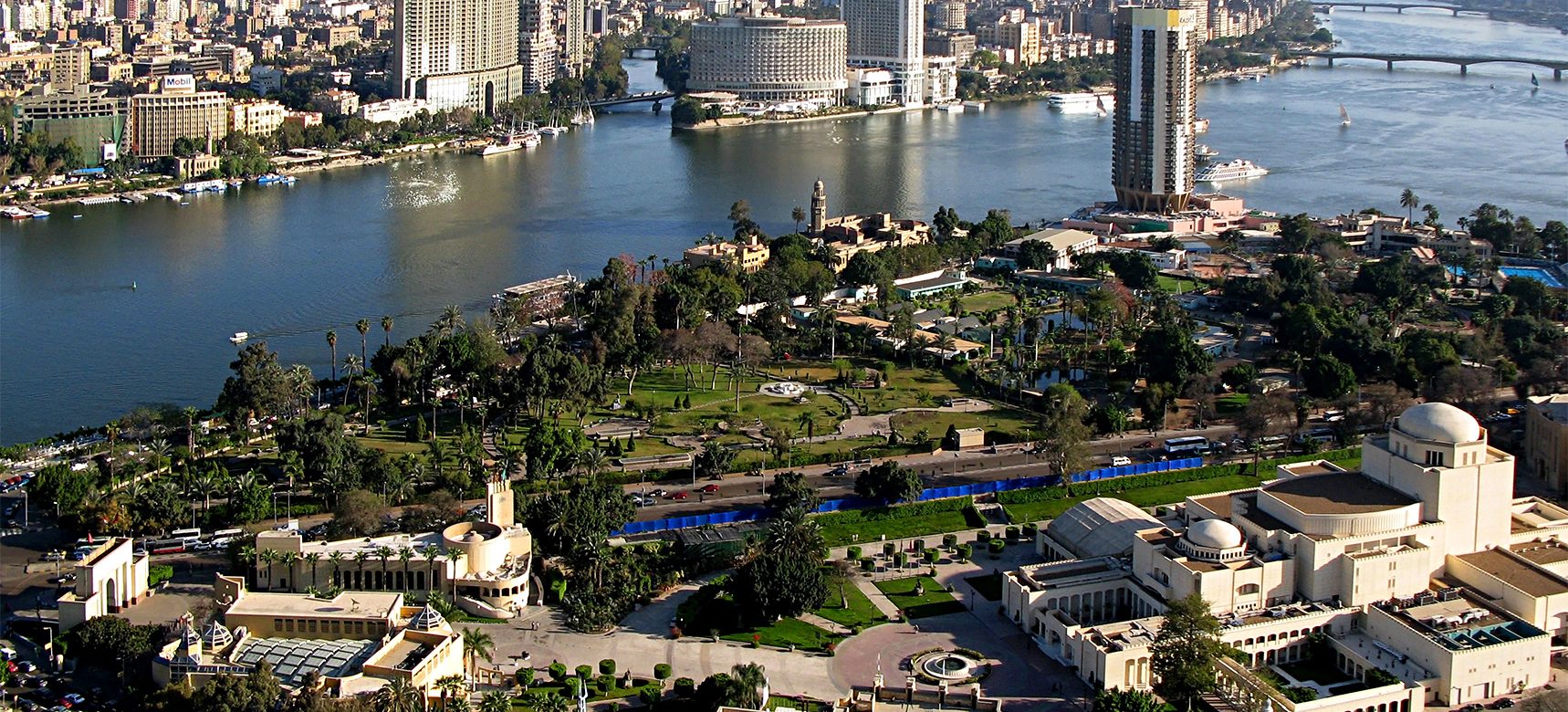In its 2023 annual report, the Egyptian Ministry for International Cooperation, which coordinates and oversees all national agencies that receive foreign funding, reports amounts that have increased sharply in recent years: 13.7 billion USD in development aid to Egypt in 2022 compared to 10.3 and 9.9 billion USD in 2021 and 2020.
These funds are mainly intended for public counterparts (81%) and most of the time come from multilateral donors (80%). In response to the main challenges currently faced by Egypt, the aid mainly supports the development of transport, the strengthening of the private sector, support for the State budget and food security.
Ahead of hosting COP27, Egypt aimed to attract climate finance, in particular through the launch of the Nexus of Water, Food & Energy (NWFE) platform, to secure USD 15 billion in funds directed towards the energy sector, water and food security (respectively the EBRD, the African Development Bank and the International Fund for Agricultural Development in the lead).
In addition, several donors (EIB, World Bank) mobilized at the end of 2022 to support Egypt, the world’s leading wheat importer, then struggling with a sharp rise in cereal prices.
Due to the country’s demographic weight (104 million inhabitants), an intermediate income level (GDP/capita of USD 3,700 in 2021) and its geostrategic importance, Egypt is a major intervention country for all multilateral donors.
While their commitment has increased significantly since the last stabilization of the macroeconomic framework (Extended Credit Facility 2016-2019), it remains broadly stable over the long term. Multilateral donors have already disbursed USD 62 billion for Egypt and are currently committed to the tune of USD 21 billion.
While they have long prioritized infrastructure financing and the granting of lines of credit, their strategies are changing. They make the strengthening of the competitiveness of the Egyptian economy and the private sector as well as the financing of sustainable infrastructure and social measures their priority areas of action to promote the country’s resilience to macroeconomic and climatic shocks.
France has become Egypt’s leading bilateral partner following the signing in June 2021 of an intergovernmental agreement on the financing of a portfolio of projects in transport, sanitation, energy and agri-food.
After France (619 M USD), Japan, South Korea and Germany are the main providers of bilateral funds to Egypt in 2022 with respectively 439, 260 and 222 M USD committed. While the Netherlands and Italy are very active in agriculture, Japan (financing of the Cairo metro L4) and France are particularly involved in transport.
Germany and South Korea stand out for their support for training and higher education, while Japan is involved in the cultural field (funding of the Grand Egyptian Museum).
AFD and KfW, with respectively EUR 3.1 billion (since 2016) and EUR 1.7 billion (since 2017) allocated to Egypt, are Egypt’s main bilateral partners offering untied financing. Other countries (Russia, China, France, Japan) rely on more or less concessional tied financing to support their commercial offers.
Source Embassy of France in Egypt








Réagissez à cet article